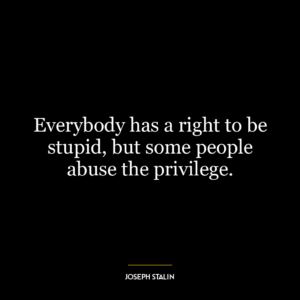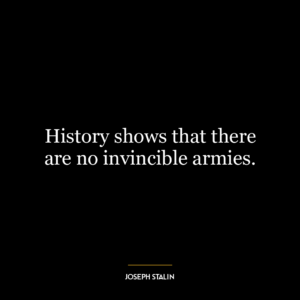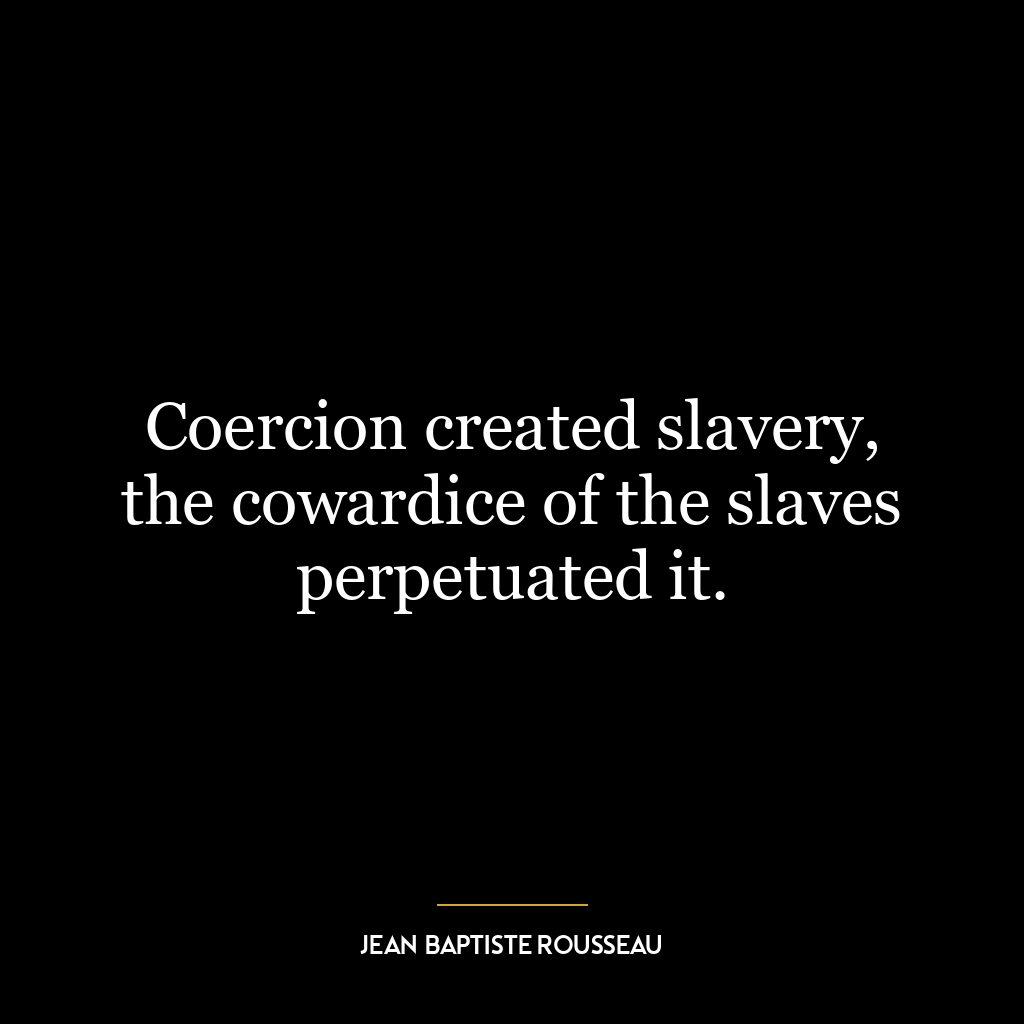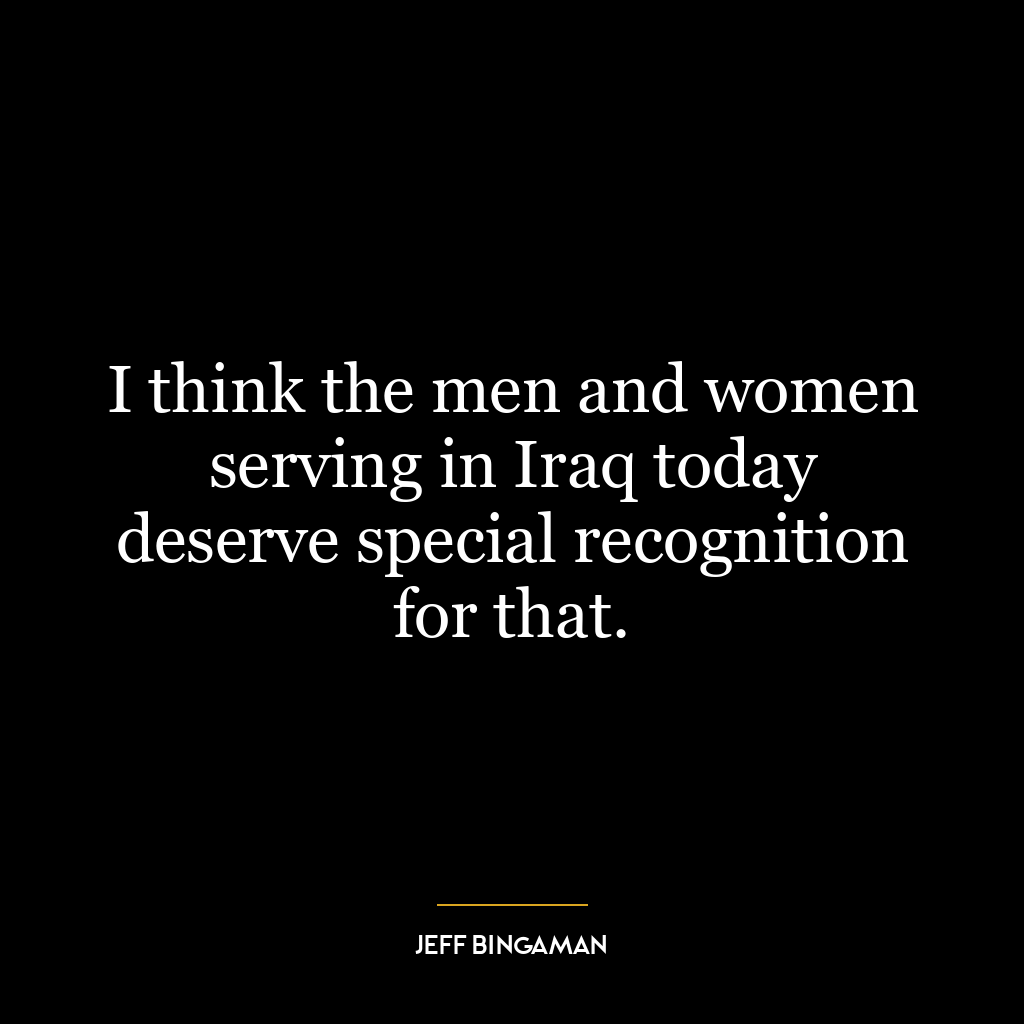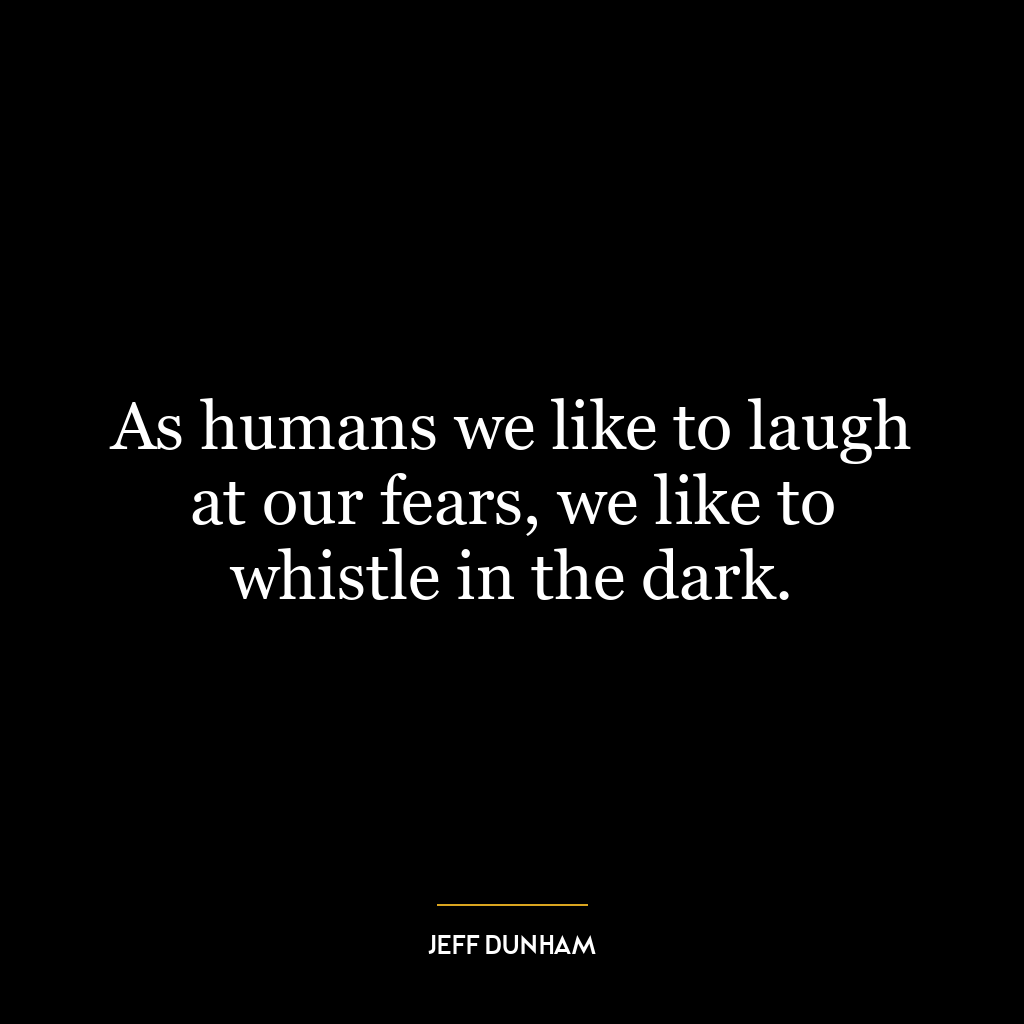The quote “It takes a brave man to be a coward in the Red Army” is a paradoxical statement that highlights the intense pressure and expectation placed on soldiers in the Red Army. It suggests that showing fear or hesitation in the face of danger was seen as such a taboo, that it would actually require a great deal of courage to openly display these feelings. In essence, it’s a commentary on the culture of machismo and the expectation of fearlessness in the military, where any signs of perceived weakness could lead to severe consequences.
In a broader context, the quote can be interpreted as a critique of any system or culture that suppresses individual emotions and vulnerabilities in favor of a collective and unyielding bravery. It points to the irony that in such environments, it often takes more courage to go against the grain and show vulnerability than it does to conform to expectations of bravery.
Applying this idea to today’s world, it can be seen in various societal expectations and norms. For instance, in corporate cultures where overworking is glorified, it might take courage to prioritize one’s mental health and take a step back. Similarly, in a society that often values relentless positivity, it could take bravery to admit feelings of sadness or anxiety.
In terms of personal development, this quote can serve as a reminder of the importance of authenticity and the courage it takes to show vulnerability. It encourages individuals to challenge societal norms and expectations that may not align with their own feelings or well-being. It suggests that true bravery often lies not in conforming to expectations, but in daring to be true to oneself, even when it goes against the grain.





